- Author Antonio Harrison [email protected].
- Public 2023-12-16 07:44.
- Last modified 2025-01-22 21:44.
Lev Shcherba is an outstanding Soviet and Russian linguist. Academician of the Academy of Sciences of the USSR and the Academy of Pedagogical Sciences of the RSFSR made an invaluable contribution to the development of psycholinguistics, lexicography and phonology. The specialist is one of the founders of the phoneme theory.
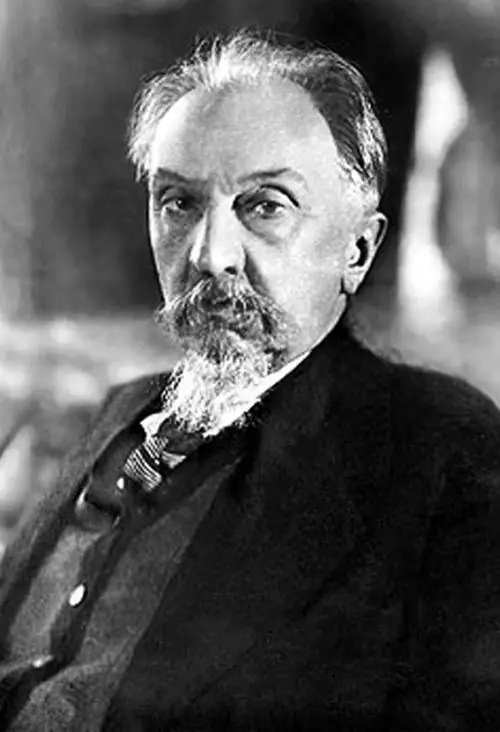
Lev Vladimirovich Shcherboy founded the St. Petersburg Phonological School. Every philologist knows the name of an outstanding linguist. He was interested in studying not only Russian, but many other languages, their relationship. Shcherba's work has intensified the development of Russian linguistics.
Start of activity
Shcherba's biography began in the city of Hegumen, Minsk region in 1880. The child was born on February 20 (March 3). The boy spent his childhood and youth in Kiev. After successfully graduating from the gymnasium in 1898, the graduate entered the university. To get an education, the student chose the Faculty of Natural Sciences.
The next year, the young man transferred to the University of St. Petersburg, choosing the Department of History and Philology at the university. After Professor Baudouin-de-Courtenay, Shcherba began his studies under his guidance. As a senior, he submitted an essay entitled "The Mental Element in Phonetics", which received a gold medal.
In 1903, after completing his studies, the mentor recommended a talented student for scientific work at the university. Lev Vladimirovich was sent abroad in 1906. His study of the Tuscan dialects lasted a whole year. In 1907, after staying in Italy, the young man went to Paris. He studied pronunciation, independently worked on experimental material.
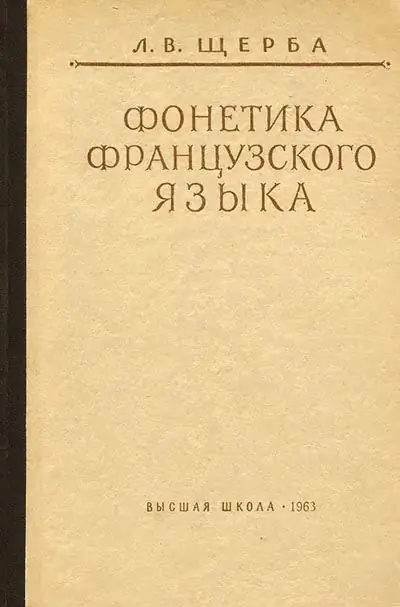
The student spent the autumn holidays 1907-1908 in Germany studying the features of the Lusatian language. The collected data, previously published as a separate edition, formed the basis for the doctoral dissertation. The end of the business trip took place in Prague for the study of Czech.
Scientific activity
After returning to his homeland, Shcherba began work in the experimental phonetics cabinet founded at the university in 1899. The young scientist regularly replenished the library, developed and used in practice special equipment. Since 1910, the linguist has been organizing classes in linguistics.
In the early twenties, the scientist created a project for the future Linguistic Institute. Lev Vladimirovich understood that phonetics is closely related to many disciplines, including neurology, physics, psychiatry. For more than three decades, under his leadership, work was carried out to study the languages of the peoples of the Soviet Union.
The period from 1909 to 1916 turned out to be very fruitful. The scientist wrote two books, became a master, and then a doctor. Lev Vladimirovich studied the comparative grammar of Indo-European languages, constantly updating the courses. The scientist, who became a doctor of philological sciences, in 1914 headed a student circle that studied the living Russian language.
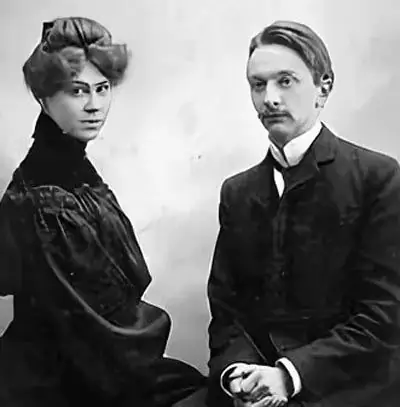
The scientist worked to change the teaching methodology, tried to raise it, transforming it in accordance with the latest achievements of science. He has established a personal life. Tatiana Genrikhovna Tideman became Shcherba's wife. The family had two children, sons Dmitry and Mikhail. In the twenties, Lev Vladimirovich began work at the Institute of the Living Word.
In 1929 he organized a seminar on experimental phonetics. In 1930, a Soviet linguist delivered author's lectures. Shcherba actively communicated with the artistic world. In the 1920s and 1930s, the scientist's laboratory turned into a research institution. The staff of its permanent employees was replenished, the equipment was improved, the range of works was gradually expanded, specialists from all over the country came.
Phonetic method
The main direction was the development of a phonetic method of teaching a foreign language and its implementation. The scientist paid special attention to the correctness and purity of the methodology. All its manifestations were scientifically substantiated for the conscious assimilation of them by students.
The linguist played an important role in listening to records with foreign texts recorded on them. Ideally, all the training offered by the researcher was built on the proposed basis. The main thing was the selection of a specific system of speech material. The sound side of speech has always fascinated the scientist. He believed that both pronunciation and intonation were extremely important. This was included in the linguistic concept of Shcherba.
In 1924 the linguist became a corresponding member of the All-Union Academy of Sciences. He began work in the Vocabulary Commission. The tasks of this division included the preparation and implementation of the publication of the dictionary of the Russian language. Lev Vladimirovich proposed his ideas on lexicography. In 1930, the scientist took part in the compilation of the Russian-French dictionary.
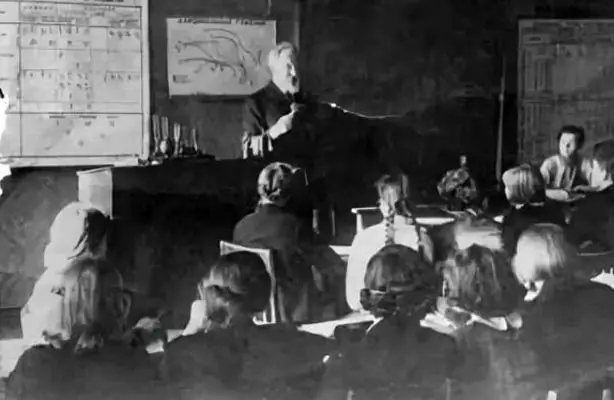
The academician developed the theory of differential lexicography. The result of the ten-year work of the linguist is summarized in the preface to the second edition of the work. The design principles and its system became the basis for the work on the rest of the dictionaries.
Summarizing
In the mid-thirties, Lev Vladimirovich presented another textbook called "Phonetics of the French language". The book summarizes twenty years of research and teaching experience. The work is constructed in the form of a comparison of Russian and French pronunciation.
In 1937 Shcherba became the head of the language department. He managed to reorganize activities, introduce the author's method of reading and understanding foreign language texts, published a brochure "How to study foreign languages", explaining the ideas of the academician. Research work was not interrupted by the academician during the evacuation. He returned to the capital with work in the summer of 1943.
Lev Vladimirovich passed away on December 26, 1944. He made an invaluable contribution to science.
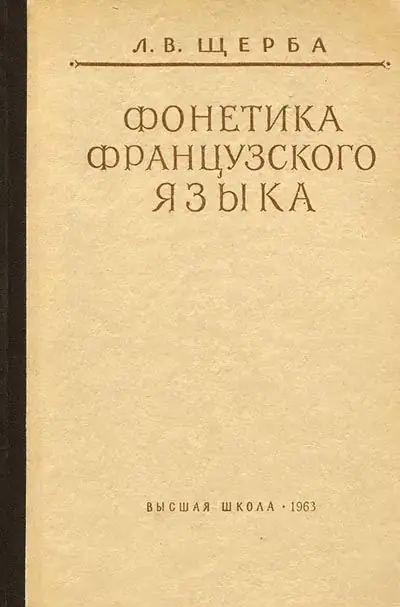
His works are still relevant today. They are recognized as classic. Modern phonology, psycholinguistics, lexicography and Russian linguistics are based on the works of the famous academician.






